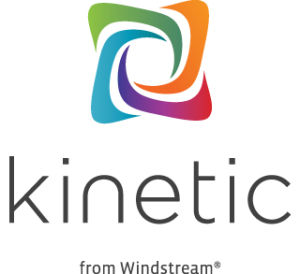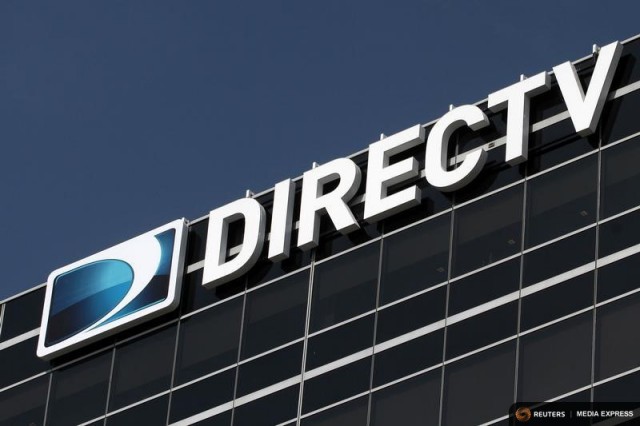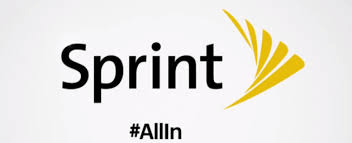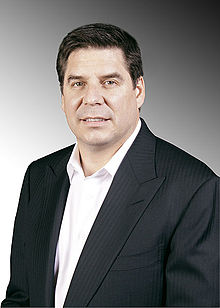“Since launch, we have consistently met our daily target numbers for installations and anticipate the number of residents interested in signing up for Kinetic to continue to grow,” Brooks said in an emailed statement. “We are very pleased with how Kinetic has been received in Lincoln.”
 A Dutch telecommunications regulator is warning mergers and acquisitions rarely turn out well for competition or consumers, and admits mistakes were made when regulators allowed John Malone to create an effective cable monopoly in Holland.
A Dutch telecommunications regulator is warning mergers and acquisitions rarely turn out well for competition or consumers, and admits mistakes were made when regulators allowed John Malone to create an effective cable monopoly in Holland.
Chris Fonteijn, board chairman of the Netherland’s Authority for Consumers and Market (ACM) told fellow regulators at a conference in London that two wired broadband providers are not enough to foster real competition, because the competitors are likely to collude on pricing and have a built-in incentive to limit costly upgrades.

Fonteijn
“Two telecom companies [in an area] is not sufficient to ensure that consumers get the best deals on price and quality,” Fonteijn said. “Two dominant operators can lead to coordination between the main players and less investment and innovation, disadvantaging consumers.”
Fonteijn confessed ACM may have made a mistake allowing John Malone’s UPC — a European cable conglomerate — to acquire its larger competitor Ziggo, establishing an effective monopoly in cable broadband in most parts of Holland. The merger has left most Dutch broadband users with two choices for broadband: telephone company KPN or cable company Ziggo.
After the merger, Fonteijn believes the two companies reduced investment and innovation. Dutch regulators required KPN to open its network to wholesale customers who resell services over the telephone network. But UPC/Ziggo escaped any wholesale access requirement, further limiting potential competition. Fonteijn said ACM was revisiting that discrepancy and may force Ziggo to open up its cable system.
At the very least, Fonteijn suggests multiple wired operators competing with at least three nationwide mobile carriers to protect competition and innovation.


 Subscribe
Subscribe Stop the Cap! will formally participate in New York State’s
Stop the Cap! will formally participate in New York State’s 
 If Windstream was hoping to make a splash with its new Kinetic IPTV service, Time Warner Cable certainly isn’t reaching for a towel.
If Windstream was hoping to make a splash with its new Kinetic IPTV service, Time Warner Cable certainly isn’t reaching for a towel. Ryan Pryor said he inquired about Kinetic, but the price quoted was slightly more than what he now pays for a similar bundle with Time Warner and would have offered a slower Internet speed. So he chose to stick with what he has.
Ryan Pryor said he inquired about Kinetic, but the price quoted was slightly more than what he now pays for a similar bundle with Time Warner and would have offered a slower Internet speed. So he chose to stick with what he has.
 Sprint’s all-new “All-In” wireless plan was supposed to simplify wireless pricing for consumers by bundling a leased phone, unlimited voice, data, and texting for a flat $80 a month, but customers slogging through the fine print discovered speed throttling and roaming punishments were silent passengers along for the ride:
Sprint’s all-new “All-In” wireless plan was supposed to simplify wireless pricing for consumers by bundling a leased phone, unlimited voice, data, and texting for a flat $80 a month, but customers slogging through the fine print discovered speed throttling and roaming punishments were silent passengers along for the ride:
